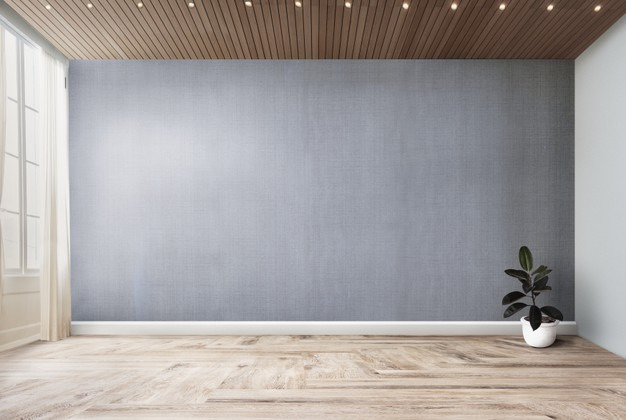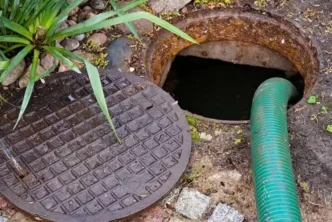Choosing the right flooring option for your home is always a big decision. Your choice determines almost every aspect of your home’s aesthetic and vibe that you want there to be present. It will also affect your daily life as you’ll walk on those floors for years to come. However, deciding material for your flooring can be a tedious job. You require to wadge the pros and cons before deciding. That’s why we decided to help you out a little. Engineered floor sanding Brisbane and tiles both are pretty popular flooring options these days visit www.floor-sanding.com.au. And we decided to wadge the pros and cons of these two materials for you to choose easily. Keep reading if you are confused to choose your flooring option, and you may get a solution.
Tiles or Engineered Wood
We will discuss the materials according to their diverse properties and how you can fit them in your home. Let’s begin:
Origin
Both tiles and engineered woods are man-made materials. However, compared to tiles, engineered woods are a pretty new flooring option. Engineered wood was first manufactured in the early 1960s, while tiles had been used from a very ancient time. Therefore, the tile industry is most credible and proven to last longer while engineered wood flooring is still living in its trial period.
Ingredients
Tiles consist of a variety of materials. Ceramic, porcelain, glass, natural stone, metal, even a mixture of these materials can be used to manufacture tiles. While the engineered wood consists of thin layers of manufactured woods, soft or hard plywoods, glued and pressed together with thicker hardwood. It certainly has some interesting choices, like bamboo engineered wood, but not as diverse as tiles.
Design Factor
Engineered wood contains dozens of wood styles and finishes. They come in varying sizes and shapes while containing dozens of color styles. However, with tiles, the possibility is limitless. You can get tiles with different patterns, designs and tiles can mimic the look of almost any kind of material. When choosing a tile, only your imagination is your limit.
Stability
When you are choosing material for your floor, stability is one of the most important factors to consider. Tiles are pretty stable flooring material. However, under harsh conditions, cracking and chipping of tiles is a possibility. On the other hand, engineered woods can get scratched easily. Additionally, they can absorb moisture and warp or cup.
Water-Resistant
Engineered woods are more water-resistant than hardwood. However, it can still absorb water as it is made of wood. The engineered wood can be saturated with water and develop mold. Compared to engineered wood, tiles are pretty water-resistant. However, if the grout is damaged anywhere, tiles can get damaged from water.
Resisting Stains and Cleaning
The stain resistance of engineered wood depends upon the wood species that was used to manufacture it. If the wood’s protective finish is intact, it could be pretty stain resistant. However, staining substances like liquid may stain the wood surface if it is left for long. Additionally, while cleaning engineered wood floors, avoid using the industrial cleaner as it can damage the finish. Use dry sweeping and wet mopping to clean the floor if required. In contrast, tiles are known to be stain-resistant. If the tiles and the grout have been sealed, most industrial-strength cleaners can remove the stains from the tile. For regular cleaning, dry sweep and dry or wet mopping can be applied on the tile floor.
Installation and Longevity
Installing tiles on the floor can be pretty easy, and almost anyone can perform this task. On the other hand, Engineered hardwood flooring may need professional help. However, moisture can be a great issue for wood flooring, while tiles can be installed on any surface. Once installed, tiles can keep their beauty for centuries with proper care. As for engineered flooring, the professionals provide a hundred years guarantee, but it is still something required to be proven.
Pet friendly
Most of the tiles except glazed ones are pretty pet-friendly. They don’t often develop scratches from nail strikes. In contrast, if the wood flooring is not high enough standard, it can easily get scratched by the pet’s nail strike. Many pets owners have complained about this, and they tend to avoid wood flooring due to this reason.
Verdict
Tiles and engineered wood are both great flooring options. However, tiles are clearly the winner of this contest. Tiles can easily mimic the appearance of wood flooring and require less maintenance than wood flooring. Although, the engineered wood flooring can bring a warm and cozy feeling to your home while giving it an elegant and rich outlook. Additionally, the engineered wood flooring can be sanded down two or three times in their lifetime to make them look as good as new. After all, it comes to your choice about what you want for your home. So make the best choices and take proper care of the materials to keep them last for decades.





